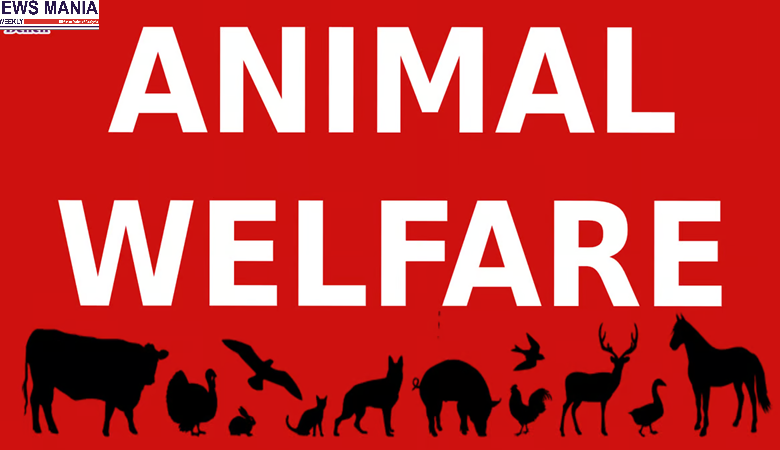Revamping Animal Welfare: The Urgent Need for the Prevention of Cruelty to Animals (Amendment) Bill

News Mania Desk/Agnibeena Ghosh/25th July 2024
Over six decades ago, Rukmani Devi Arundale posed a profound question in Parliament: “Do we believe that the animals are our slaves? Do we believe that their feelings do not matter?” Her inquiry catalyzed the creation of the Prevention of Cruelty to Animals Act, 1960, which replaced the colonial-era legislation of 1890. The PCA Act marked a significant step forward in animal welfare, instituting a statutory duty of care for those responsible for animals, establishing key institutions like the Animal Welfare Board of India (AWBI) and the Committee for the Purpose of Control & Supervision of Experiments on Animals (CPCSEA), and creating a framework for identifying and penalizing cruelty. Despite its progressive nature at the time, the Act has shown its age and needs substantial updating.
The 1960 Act, while pioneering, has become increasingly inadequate. Its penalties for cruelty are outdated and fail to address many contemporary issues in animal welfare. The societal understanding of animal rights has evolved significantly since the Act’s inception, necessitating a comprehensive overhaul to reflect modern values and scientific knowledge.
The call for reforming the PCA Act has been ongoing for over a decade. The first Draft Animal Welfare Bill was introduced in May 2011 by the AWBI’s legal sub-committee. It was further revised in 2014 to incorporate directions from the Supreme Court. Non-profit organizations like Humane Society International/India and People for Animals have been instrumental in advocating for this change through campaigns like No More 50, which has garnered substantial support from public figures, legal experts, and the general public.
The latest draft amendment bill, released for public consultation in November 2022, represents a significant step toward modernizing the PCA Act. The proposed amendment includes crucial updates such as defining “gruesome cruelty,” which encompasses acts leading to severe injury or death. This new provision, outlined in Section 11(A), also addresses bestiality—a necessary update following the removal of Section 377 from the Indian Penal Code.
Unlike the 1960 Act, which merely lists actions deemed cruel and prescribes a maximum fine of ₹50, the amendment introduces a more nuanced approach. It proposes increased fines ranging from ₹1,000 to ₹2,500 for a first offence and up to ₹5,000 or imprisonment for subsequent offences. It also recommends maintaining a record of all cruelty cases at district headquarters, a move that aligns with research linking animal cruelty to human violence and aims to improve crime statistics and preventative strategies.
Despite broad support and progress in drafting the amendment, the bill has yet to be presented in Parliament. This delay is puzzling given the widespread consensus on the need for reform. However, once enacted, the amended law is expected to make substantial improvements in animal welfare. By introducing stricter penalties and updating definitions of cruelty, the law will better reflect contemporary understanding and needs.
Reflecting on Arundale’s original question, the Draft Prevention of Cruelty to Animals (Amendment) Bill, 2022, stands as a testament to our evolving commitment to animal welfare. Enacting and implementing this amendment will not only enhance the protection of animals but also affirm our dedication to a more humane and ethical society. As we await the finalization of this crucial legislation, we must continue to uphold our values of compassion and ensure that the well-being of all living beings is prioritized in our laws and actions.






